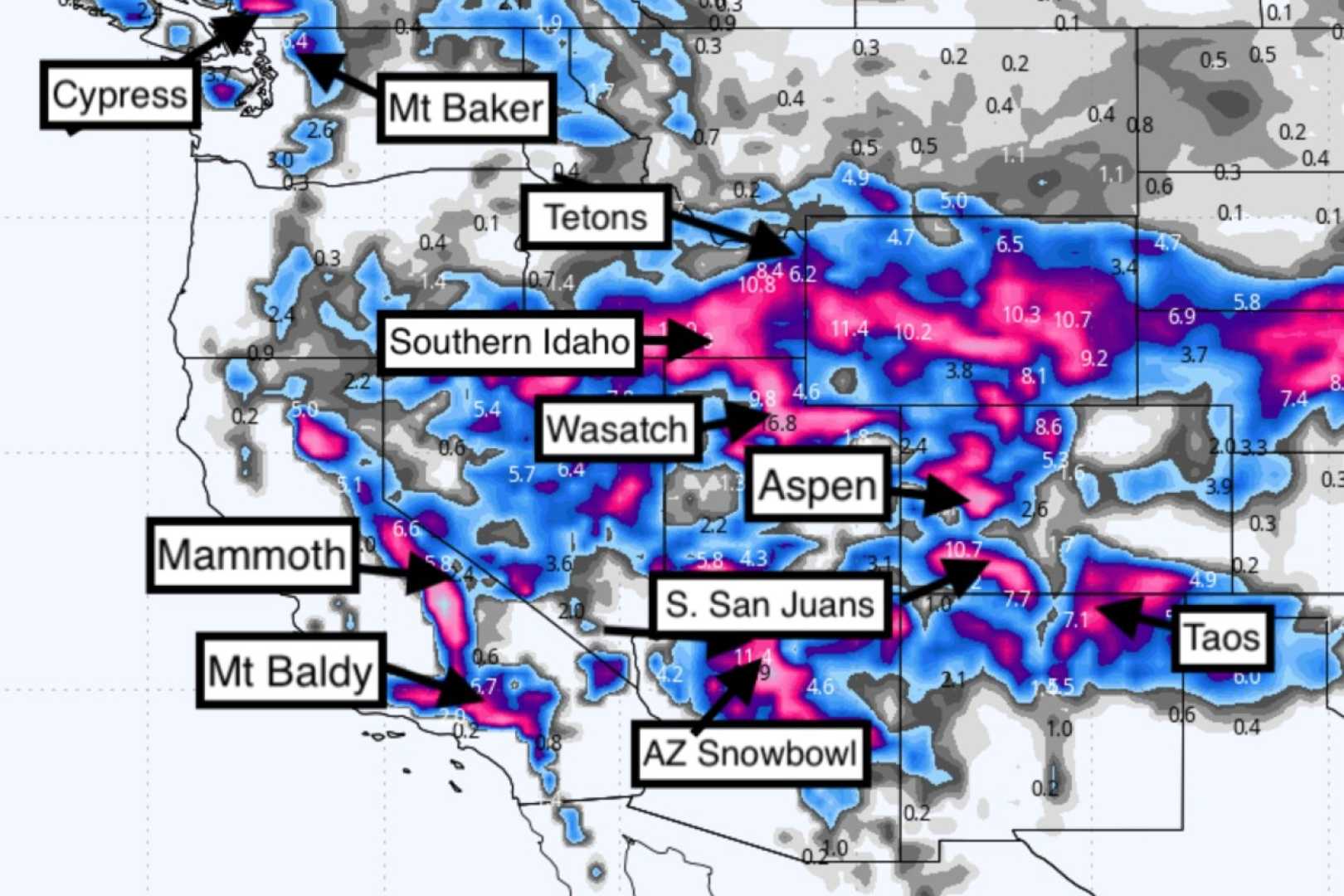News
March 2025 Weather: Warmth and Rain Help Alleviate Drought

BOULDER, Colo. — March 2025 brought warm temperatures and dry conditions to the Front Range, marked by a mix of seasonal weather patterns. Although the month was one of the least snowy on record, the region ended on a positive note with much-needed rain over the final weekend.
In the Boulder-Denver Metro area, March 2025 saw an unusual combination of gusty winds and minor snowfall events throughout the month. These weather patterns contributed to a relatively dry March overall, but the substantial rainfall received at the month’s end provided a critical boost for the parched region.
The final weekend of March was significant, with precipitation amounts that temporarily eased concerns about drought conditions. According to local meteorologists, this rain will help sustain water resources for the short term. A detailed analysis of precipitation records showed that despite low snowfall totals, the rain is essential in supporting the local ecosystem.
This month finished among the driest Marches observed in the last several decades, leading to an analysis of weather patterns and climatology data on sites like BoulderCAST. Historical data over the past 74 years placed March 2025 within a context of changing climate dynamics in the area.
As of April 8th, the latest drought tracker noted some relief in drought classifications, although the region could still face challenges with water availability if conditions do not improve. Continuous monitoring is in place as the weather evolves.
“The rain this past weekend was a surprise and a relief,” said meteorologist Jane Doe from the Boulder Weather Center. “While we’re grateful for the precipitation, much more is needed to fully recover from long-term drought conditions.”
As the 2024-2025 snow season progresses, meteorologists will continue to provide updates on snowfall totals and forecasts for ski resorts and hiking trails, ensuring that the community remains informed about potential outdoor conditions. BoulderCAST, which has been collecting weather observations since June 2015, provides daily updates and access to a variety of weather models.










